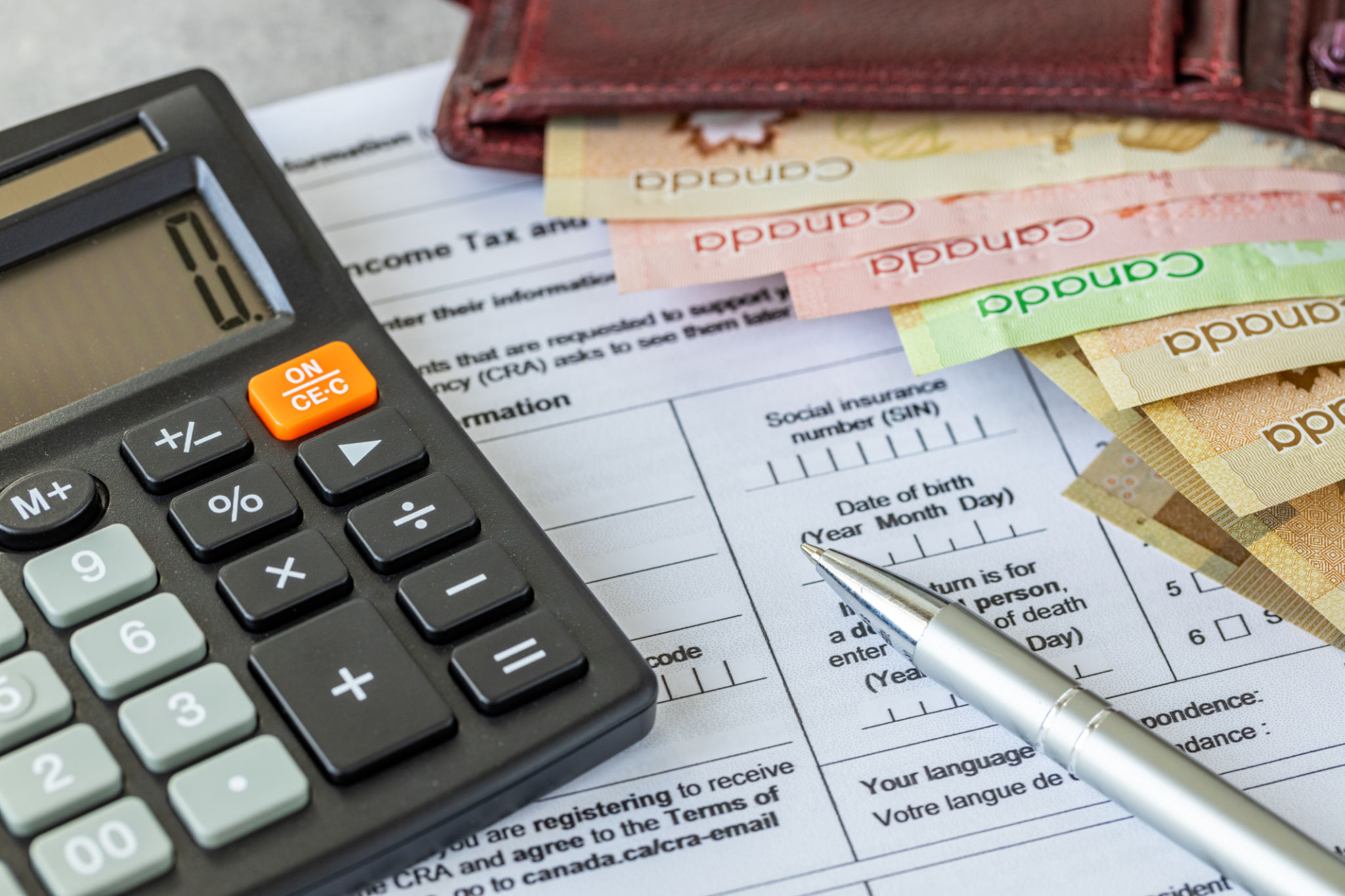Protecting Your Gold Investments: What to Know Before Selling
Understanding the Gold Market
Gold has long been a coveted asset for investors seeking stability and growth. Its value is influenced by various factors such as economic conditions, geopolitical tensions, and market demand. Before selling your gold investments, it's crucial to understand these dynamics to ensure you make informed decisions.
The gold market can be volatile, and prices may fluctuate significantly within short periods. Staying informed about current market trends and predictions can help you time your sale effectively. Consider consulting with a financial advisor who specializes in precious metals to get tailored advice.

Evaluating Your Gold Holdings
Before selling, evaluate the type of gold you own, whether it's bullion, coins, or jewelry. Each form has its own market value and liquidity. Bullion and coins are usually easier to sell at market prices, while jewelry may fetch less due to design and craftsmanship considerations.
It's also essential to authenticate your gold to verify its purity and weight. Professional appraisals can provide you with an accurate assessment of your gold's worth. This step is crucial in avoiding potential disputes or discrepancies during the selling process.
Choosing the Right Selling Platform
There are several platforms available for selling gold, including online marketplaces, pawnshops, and precious metal dealers. Each option has its own set of pros and cons.
- Online marketplaces: Offer convenience and a wide audience but may involve fees and potential scams.
- Pawnshops: Provide quick cash but often offer lower prices.
- Precious metal dealers: Typically offer competitive prices but require thorough research to find reputable ones.

Timing Your Sale
Timing can significantly impact the returns from your gold investments. Selling during times of high demand or economic uncertainty may yield better prices. Keep an eye on global events, interest rates, and currency fluctuations as they can all influence the price of gold.
It's also important to consider your personal financial situation. If you're selling to meet urgent financial needs, you might not have the luxury of waiting for optimal market conditions. In such cases, aim to maximize returns by choosing the right platform and verifying your gold's authenticity.
Tax Implications
Selling gold may have tax implications that vary by jurisdiction. In some areas, profits from selling gold are subject to capital gains tax. Understanding your local tax laws can help you prepare for any liabilities you might incur from a sale.
It may be beneficial to consult with a tax professional who can provide guidance on how to minimize your tax burden and ensure compliance with relevant regulations.

Avoiding Common Pitfalls
When selling gold, it's essential to avoid common pitfalls such as accepting the first offer without comparison or failing to conduct due diligence on buyers. Always compare multiple offers and ensure you're dealing with reputable buyers.
Additionally, be wary of scams or fraudulent practices. Verify the credentials of any dealer or platform before proceeding with a sale. Protecting your interests should be a priority throughout the selling process.
Conclusion
Selling gold investments requires careful consideration of various factors, from market conditions to buyer reputation. By understanding these elements and taking proactive steps, you can protect your investments and maximize your returns.
Remember, the key is preparation. By staying informed and vigilant, you can navigate the gold market confidently and successfully sell your holdings when the time is right.